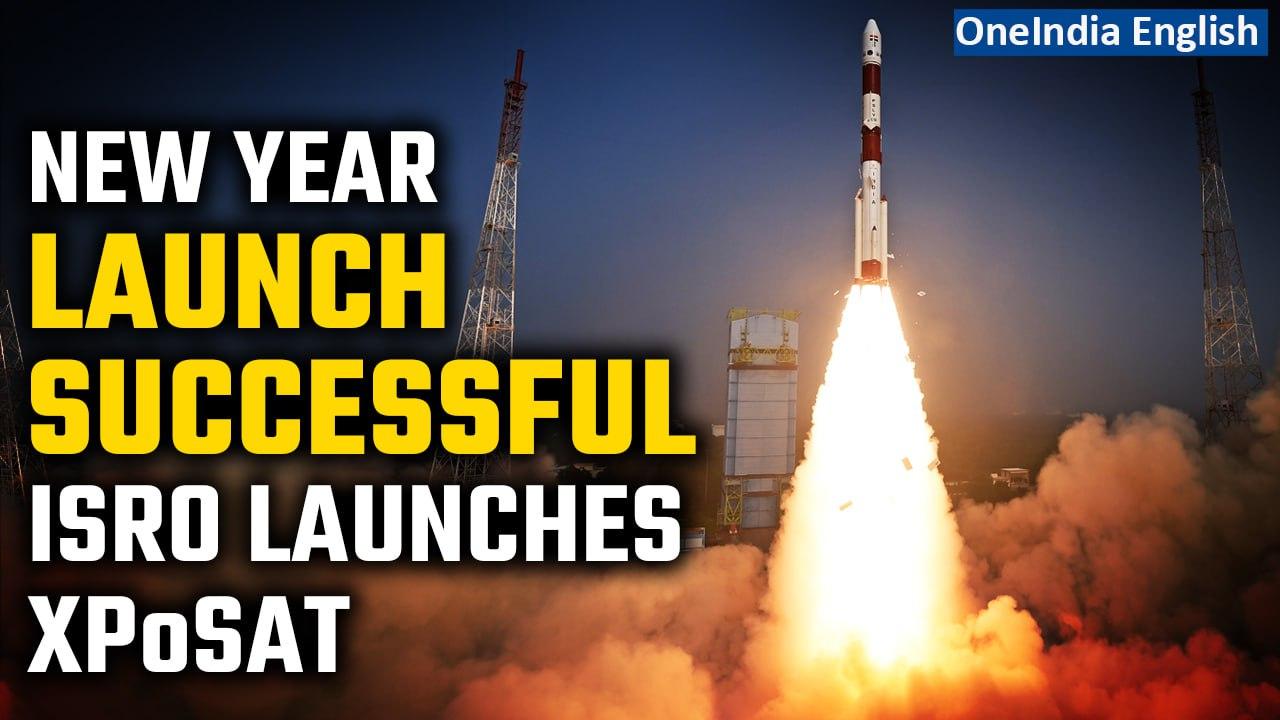ISRO heralds 2024 with satellite to study black holes in space, here's everything you need to know
 Tuesday, 2 January 2024
Tuesday, 2 January 2024
The mission objective includes measuring the polarisation of X-rays in the energy band 8-30 keV emanating from about 50 potential cosmic sources, to carry out long-term spectral and temporal studies of cosmic X-ray sources.
|
||||
|
||||
You Might Like💡 newsR Knowledge: Other News Mentions
|
||||
Mallikarjun Kharge hails Isro's successful launch of its maiden X-Ray Polarimeter SatelliteThe Congress on Monday hailed Isro's successful launch of its maiden X-Ray Polarimeter Satellite with party president Mallikarjun Kharge hoping that such...IndiaTimes Also reported by •Zee News |
Understanding sun is important for world, not India alone: Isro chief after Aditya-L1 enters final orbitSoon after Indian Space Research Organisation (Isro) placed the Aditya-L1 spacecraft into its final destination orbit, Isro chief S Somanath said that the...IndiaTimes Also reported by •Zee News |
Nigar Shaji: Smiling woman who led Aditya-L1 missionThe Indian Space Research Organization (Isro) is leading a complex scientific mission to put India's first solar observatory, Aditya-L1, at the Langrang point....IndiaTimes Also reported by •DNA •Zee News |


